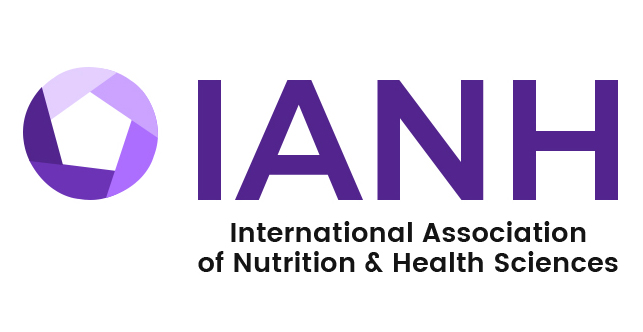Specialized Diet Planning
Syllabus
• Understand the nutritional requirements of different groups and identify healthy dietary patterns for specialized diets.
• Apply evidenced-based nutrition principles to develop individualized meal plans.
• Develop appropriate menus and recipes for special dietary needs.
• Develop nutritional education handouts
• Incorporate cultural and religious dietary practices into meal plans.
• Monitor diet adherence, assess progress, and modify plans as needed.
• Use technology-based tools to plan and evaluate meal plans.
Suitable for healthcare providers and nutrition professionals.
Sport Nutrition Specialist
Learning Objectives
• Understand the impact of nutrition on physical performance.
• Demonstrate knowledge of current dietary guidelines, sports nutrition principles, and food safety.
• Develop individualized nutrition plans for athletes and active individuals.
• Educate clients on healthy eating habits and proper nutrition for their sport or activity.
• Analyze sport performance and suggest appropriate dietary modifications.
• Monitor and assess clients’ progress regarding nutrition and performance goals.
• Provide guidance on the appropriate use of dietary supplements.
• Implement hydration strategies to support performance.
• Identify the impact of body composition on physical performance.
• Develop strategies to modify body composition.
Suitable for Nutrition Professionals (RDN), Advanced Licensed Healthcare Providers (MD/DO, DC, ND, NP, PA, APRN, and Pharmacists).
Young Athlete Nutrition Specialist
Learning Objectives
- • Understand the basics of nutrition for young athletes, including the macronutrients, micronutrients, and the importance of balanced meals.
- • Develop an understanding of the unique dietary needs of young athletes based on their age, activity level, and individual needs.
- • Develop a knowledge of the impact of nutrition on athletic performance.
- • Learn appropriate strategies for educating young athletes on nutrition and incorporating healthy eating habits into their lifestyle.
- • Learn how to assess a young athlete’s diet and develop individualized nutrition plans.
- • Become familiar with the role of dietary supplements and ergogenic aids in young athlete nutrition.
- • Learn how to identify and address nutrition-related health problems in young athletes.
- • Identify and analyze current trends and research related to young athletes’ nutrition.
Weight Management Specialist
Learning Objectives
- • Develop an understanding of basic nutrition principles and how they impact overall health.
- • Learn the fundamentals of weight management, including understanding the role of physical activity and lifestyle changes.
- • Develop an understanding of body composition, body mass index (BMI), and the health implications of being overweight and obese.
- • Understand the different types of diets used for weight management and the pros and cons of each.
- • Learn how to assess and evaluate a client’s current diet and physical activity levels.
- • Develop counseling and communication skills to effectively communicate with clients about their weight management plan.
- • Learn the safety considerations of weight management programs and how to provide proper guidance.
- • Develop an understanding of the psychology of weight management and how to motivate clients to reach their goals.
- • Learn how to create and implement individualized weight management plans for clients.
- • Develop an understanding of the various weight loss medications and supplements available and their potential risks and benefits Identify and analyze current trends and research related to young athlete nutrition.
Diabetes Nutrition Specialist
Learning Objectives
- • Understand the basics of diabetes nutrition, including carbohydrates, fats, proteins, and fiber.
- • Identify the nutritional needs of individuals with diabetes.
- • Develop a personalized meal plan for individuals with diabetes.
- • Understand the effects of physical activity on diabetes management.
- • Learn about the importance of monitoring blood glucose levels.
- • Understand the importance of diabetes self-management education.
- • Identify strategies to help individuals with diabetes achieve their nutrition goals.
- • Develop strategies to promote healthy eating habits for individuals with diabetes.
- • Understand the role of medication in diabetes management.
- • Identify resources for individuals with diabetes.

